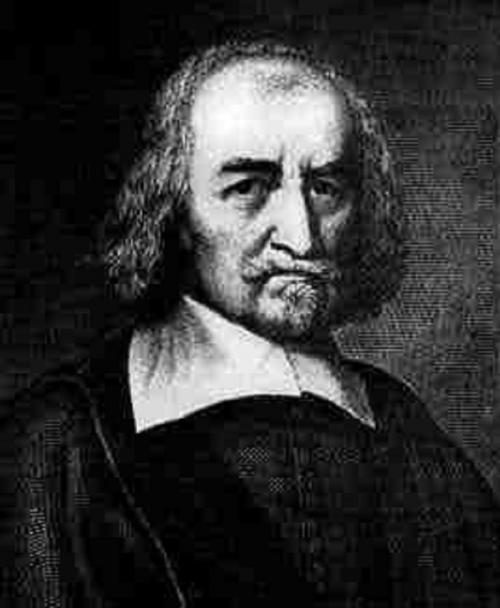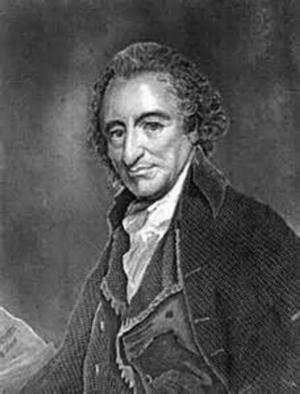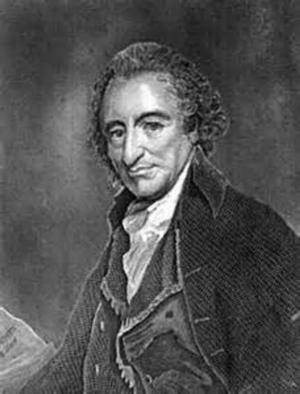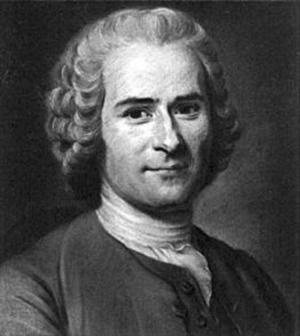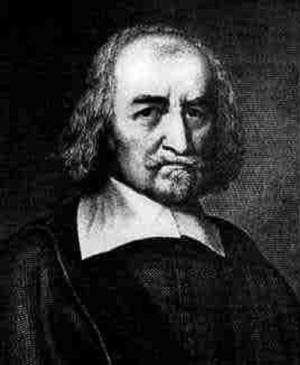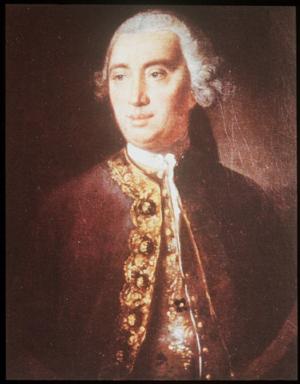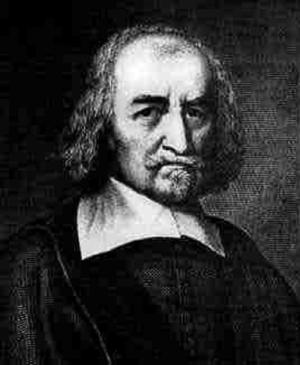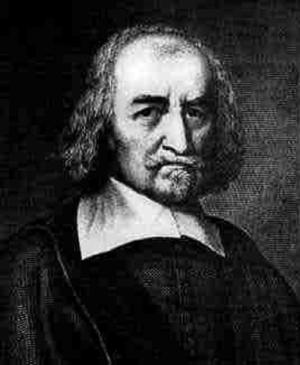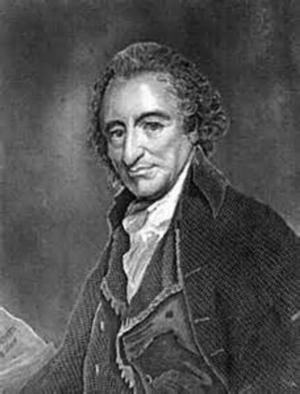An Answer to a Book Published by Dr. Bramhall, Called the Catching of the Leviathan (Illustrated)
Business & Finance, Economics, Macroeconomics, Theory of Economics| Author: | Thomas Hobbes, Timeless Books: Editor | ISBN: | 1230000634724 |
| Publisher: | www.WealthOfNation.com | Publication: | August 27, 2015 |
| Imprint: | Language: | English |
| Author: | Thomas Hobbes, Timeless Books: Editor |
| ISBN: | 1230000634724 |
| Publisher: | www.WealthOfNation.com |
| Publication: | August 27, 2015 |
| Imprint: | |
| Language: | English |
The book has an active table of contents for easy access to each chapter.
Thomas Hobbes is a great English philosopher and one of the founders of the modern system of political philosophy. He is in the row with the greatest thinkers as Isaac Newton, John Locke, Immanuel Kant, Francis Bacon, and Jean Rousseau. Their collected thoughts has had strong influence on building the foundation of the United States and its endeavor of open society.
His Leviathan is regarded as the greatest work of political philosophy in English and the first great work of philosophy in English. In Leviathan, Hobbes declared that the civil government was granted with a power to control its citizens and that the sovereign had the right to determine which religion was to be practiced in a commonwealth. John Bramhall, an Anglican theologian and apologist, recognized the power and danger of Hobbes’s arguments in Leviathan and wrote The Catching of Leviathan to criticize his views presented in the book.
In return, Hobbes wrote AN ANSWER TO A BOOK PUBLISHED BY DR. BRAMHALL, CALLED THE CATCHING OF THE LEVIATHAN to explain and argue the fundamentals of his beliefs about language, epistemology, religion, and its relation between religion and politics. In 1668, Hobbes completed and published his AN ANSWER TO A BOOK PUBLISHED BY DR. BRAMHALL, CALLED THE CATCHING OF THE LEVIATHAN. It is an English product of the intellectual and political revolution of the seventeenth century. In this book, Hobbes did a permanently relevant analysis of the foundational lines of his natural philosophy that were in LEVIATHAN.
Thomas Hobbes expressed the last words with a great pride and optimism to our future "A great leap in the dark" in his final moments of life. He is forever remembered as essential enabler, reformer, and contributor for that great leap in the dark. His work has produced great influence on modern political philosophy. His view became widely recognised as the foremost philosophical voice and his influence has been felt in nearly every field of the humanities and social sciences.
This book is one of the most important ones about early thoughts of natural philosophy and political philosophy by Thomas Hobbes, one of the greatest thinkers of modern philosophy on the planet.
The book has an active table of contents for easy access to each chapter.
Thomas Hobbes is a great English philosopher and one of the founders of the modern system of political philosophy. He is in the row with the greatest thinkers as Isaac Newton, John Locke, Immanuel Kant, Francis Bacon, and Jean Rousseau. Their collected thoughts has had strong influence on building the foundation of the United States and its endeavor of open society.
His Leviathan is regarded as the greatest work of political philosophy in English and the first great work of philosophy in English. In Leviathan, Hobbes declared that the civil government was granted with a power to control its citizens and that the sovereign had the right to determine which religion was to be practiced in a commonwealth. John Bramhall, an Anglican theologian and apologist, recognized the power and danger of Hobbes’s arguments in Leviathan and wrote The Catching of Leviathan to criticize his views presented in the book.
In return, Hobbes wrote AN ANSWER TO A BOOK PUBLISHED BY DR. BRAMHALL, CALLED THE CATCHING OF THE LEVIATHAN to explain and argue the fundamentals of his beliefs about language, epistemology, religion, and its relation between religion and politics. In 1668, Hobbes completed and published his AN ANSWER TO A BOOK PUBLISHED BY DR. BRAMHALL, CALLED THE CATCHING OF THE LEVIATHAN. It is an English product of the intellectual and political revolution of the seventeenth century. In this book, Hobbes did a permanently relevant analysis of the foundational lines of his natural philosophy that were in LEVIATHAN.
Thomas Hobbes expressed the last words with a great pride and optimism to our future "A great leap in the dark" in his final moments of life. He is forever remembered as essential enabler, reformer, and contributor for that great leap in the dark. His work has produced great influence on modern political philosophy. His view became widely recognised as the foremost philosophical voice and his influence has been felt in nearly every field of the humanities and social sciences.
This book is one of the most important ones about early thoughts of natural philosophy and political philosophy by Thomas Hobbes, one of the greatest thinkers of modern philosophy on the planet.
